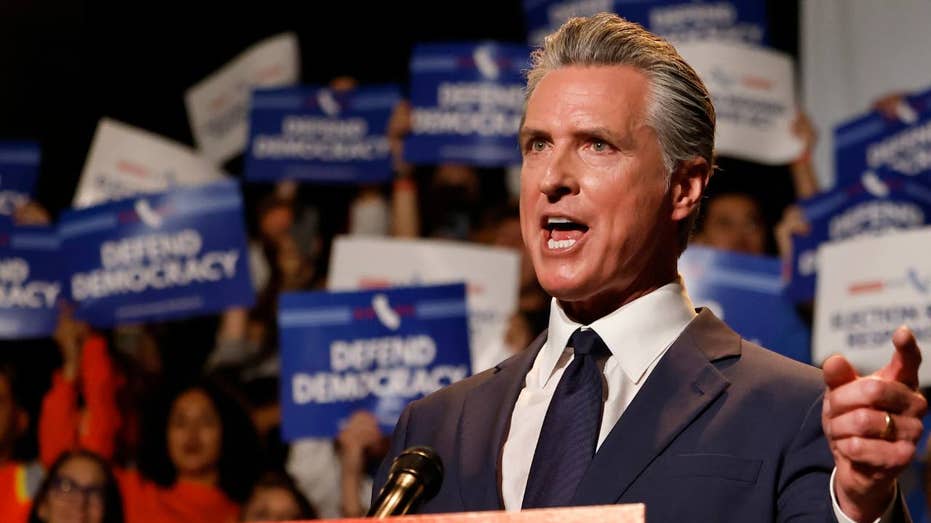A fierce battle is unfolding in California over Proposition 50, a measure poised to redraw the state’s congressional districts and potentially shift the balance of power in Washington, D.C. At the heart of the conflict lies a staggering disparity in funding, with one side amassing nearly seven times the resources of the other.
Republicans are fighting an uphill battle against a proposal championed by Governor Gavin Newsom. Proposition 50 aims to temporarily bypass existing rules against gerrymandering – manipulating district boundaries to favor one party – and create new maps that could significantly weaken Republican representation in Congress. The stakes are incredibly high, as even a handful of seats could determine control of the House of Representatives.
The Congressional Leadership Fund, a major Republican fundraising organization, has already poured $13 million into opposing the measure. This substantial investment is a direct response to the $88 million raised by Newsom’s “Yes on 50” campaign, a figure that underscores the immense resources driving the push for the new maps.
Representative Vince Fong, whose district could be dramatically altered by Proposition 50, voiced his appreciation for the support. He framed the fight as a defense of voter protections against what he called a “power grab” by Newsom and his allies. The core issue, he insists, is “fair representation” and preserving the voice of Californians.
Despite the financial disadvantage, Republicans are hoping to capitalize on potential voter confusion and a sense of déjà vu. A 2008 amendment to the California constitution already prohibited gerrymandering, and some strategists believe voters who supported that measure may be hesitant to reverse course now.
The mechanics of mail-in voting could also play a crucial role. Experts suggest that voters who are unfamiliar with the details of Proposition 50 may simply default to voting “no” on the ballot, creating a built-in advantage for the opposition. This is particularly relevant given that over 4.4 million Californians have already cast their votes by mail.
Representative Darrell Issa echoed this sentiment, arguing that Proposition 50 represents an “unprecedented power grab.” He believes Republicans can persuade voters that the measure undermines their right to choose their representatives, rather than the other way around. Constituents, he says, are consistently voicing their opposition to being denied the representation they selected.
Recent polling data from the Public Policy Institute of California indicates that Proposition 50 currently enjoys a lead, with 56% of voters expressing likely support. However, the final outcome remains uncertain, and the coming days will be critical as both sides race to sway undecided voters and mobilize their bases.
The battle over Proposition 50 is more than just a California issue; it’s a national contest with the potential to reshape the political landscape. The outcome will not only determine the future of representation within the state but could also have far-reaching consequences for the balance of power in the nation’s capital.






